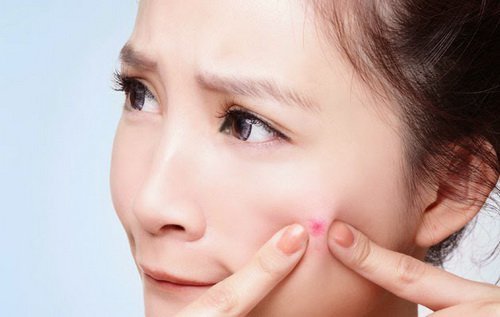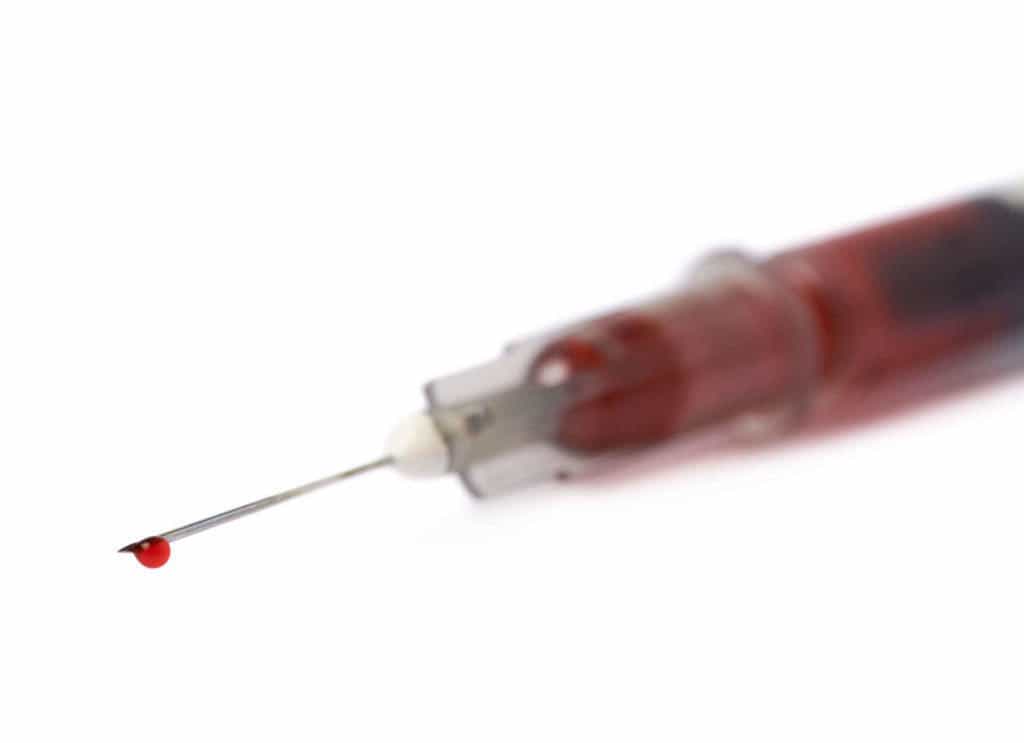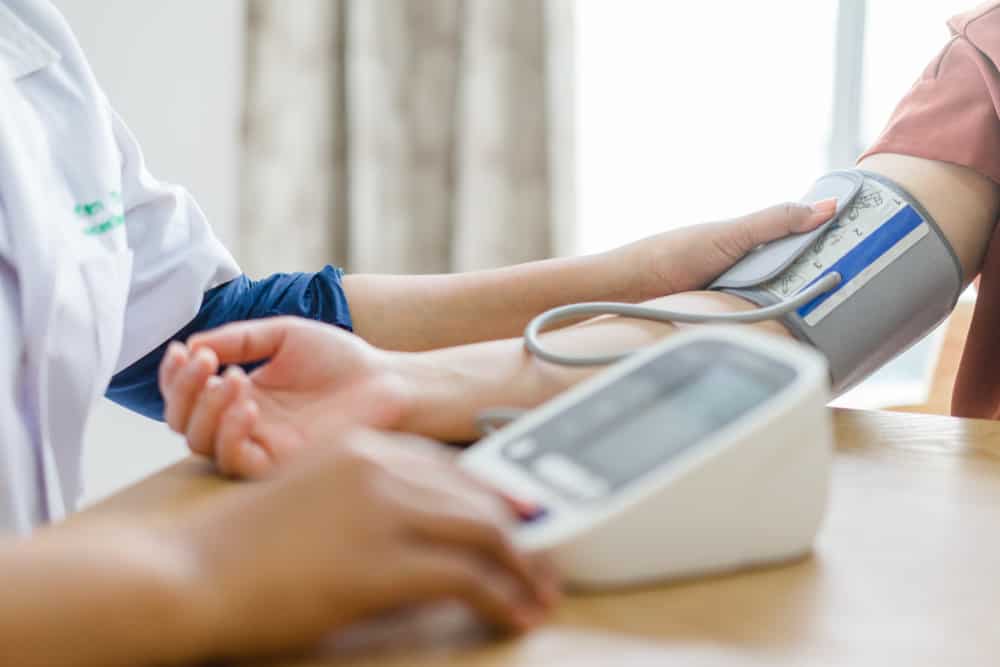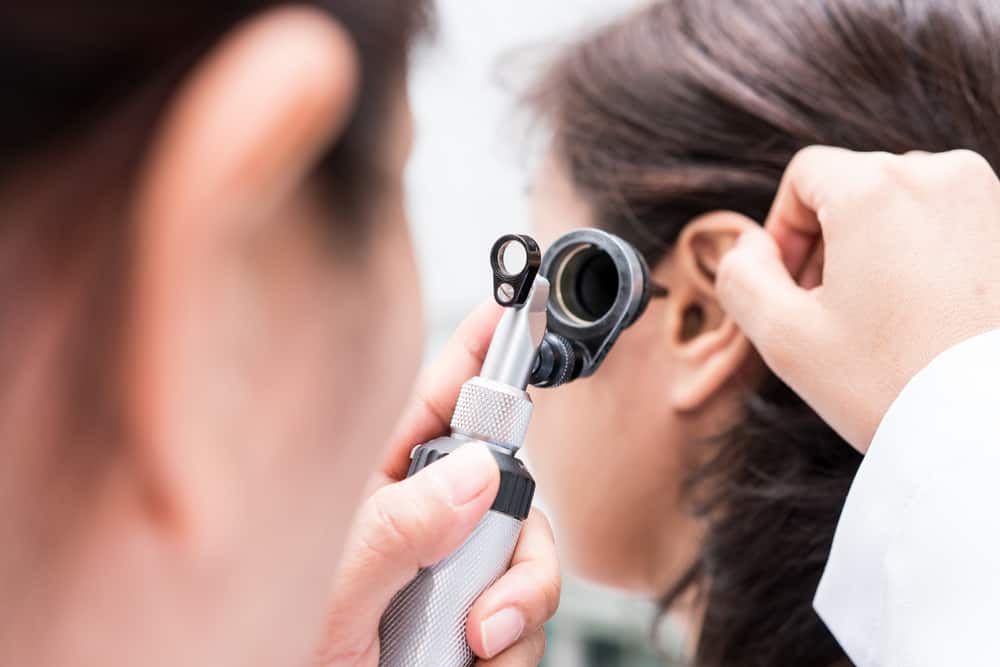Contents:
- Medical Video: Cheese Making Process
- How can zits appear?
- The main hormone that triggers acne
- Why can dairy products trigger acne?
- What can be done?
Medical Video: Cheese Making Process
Issues related to whether eating can trigger zits have started since the 19th century. However, a study in 2002 and subsequent research, showed that the growth of acne was more likely to occur in someone who often consumed dairy products. However, it should be understood that acne is a change in the skin that is natural and can be triggered by hormonal changes such as entering puberty or during menstruation. Then what exactly is the effect of consuming dairy products on the onset of acne?
READ ALSO: 5 Quick Ways to Get Rid of Acne Overnight
How can zits appear?
Acne occurs because of the buildup of fat substances or dead skin in the pores or ducts of the hair on the skin, which is indicated by a small lump on the skin of the face, neck, chest and back. The appearance of zits is influenced by hormones in a person and causes the following mechanisms:
- Excess sebum production - sebum production is influenced by cell activity sebocyte which makes a buildup of bubbles containing fatty acids and will surface as a pimple if it's cooked enough.
- Skin hair canal closure - this happens when dead skin is held in a canal or hair follicle. Sebum production and the presence of bacteria Acnes will cause acne to appear more easily.
- Inflammation - This is the body's defense system mechanism that prevents bacteria from entering from the pores of the skin. This immune system can be more sensitive if it is affected by hormones, especially in men.
READ ALSO: Ages 30, Still Spotty? This is the reason
The main hormone that triggers acne
There are three main types of hormones that can trigger acne, namely the hormone insulin, insulin like growth factor 1 (IGF-1), and androgen hormone, all three have a slightly different but related role and mechanism. Insulin and IGF-1 are hormones that trigger acne that are related to what we eat, while excessive secretion of androgen hormones can cause acne.
Diets, especially those high in carbohydrates or glucose and protein, can cause an increase in the hormone insulin which will also increase the hormone IGF-1. The two are related to each other, triggering excessive sebum production, so that acne is more likely to occur with more sebum. Excess insulin and IGF-1 hormones can also increase androgen hormone levels.
The effects of the androgen hormone excess will result in faster dead skin cells, so that if dead skin cells clog the skin hair ducts, the effect will be easier to develop zits. Androgen hormones also cause the body's defenses to be more aggressive towards the presence of bacteria, thus triggering inflammation, especially when the area of acne is injured. As a result, the process of restoring the skin becomes slower and acne can reappear.
READ ALSO: Prevent and Overcome Acne on the Back
Why can dairy products trigger acne?
A study reported at Medscape.com aims to see differences in consumption of dairy products in groups with healthy skin and groups with acne prone skin disorders. The results of these studies indicate that consumption of dairy products is slightly higher in individuals who experience acne problems. Consumption of dairy products is more significant for causing acne, but not so for consumption of pure milk.
Processed milk is more likely to trigger an increase in the hormone insulin and IGF-1 as a trigger for acne. This is because the consumption of dairy products such as yogurt, ice cream, flavored milk, and low-fat milk tend to have more sugar and can increase the risk of increasing the hormone insulin when consumed along with other sweet foods.
High levels of insulin and IGF-1 in the blood due to this consumption pattern will trigger a faster sebum growth reaction to develop into acne. In addition, the amount of protein from milk can also trigger the complexity of skin problems through inflammation due to an increase in androgen hormones.
However, both of these are more likely to occur with other factors such as age of puberty, skin conditions, bacterial infections of the environment, and the quality of the overall diet. Consumption of processed milk may not be the main cause if you have oily skin types that are more at risk for acne.
READ ALSO: Prevent and Overcome Acne on the Back
What can be done?
If you have a habit of consuming milk regularly, then consider the quality of consumption of the whole diet. Reduce consumption of dairy products with excessive sugar levels, or balance by reducing the intake of white rice and bread. But if you experience the complexity of a more serious acne problem, immediately consult a doctor and reduce consumption of dairy products and maintain clean skin to prevent the growth of zits.












